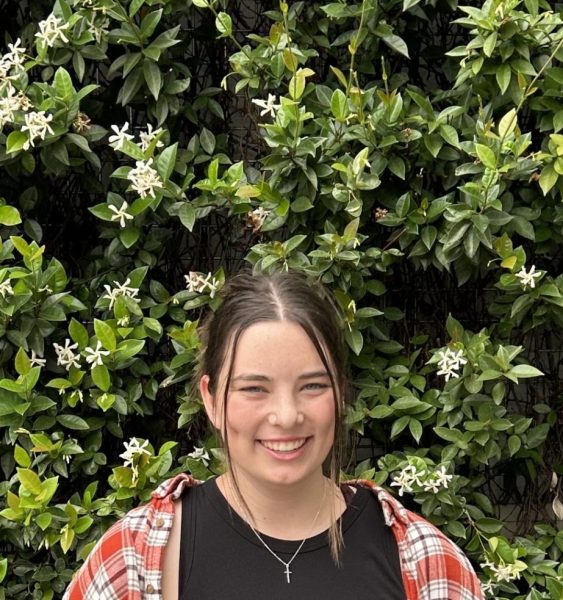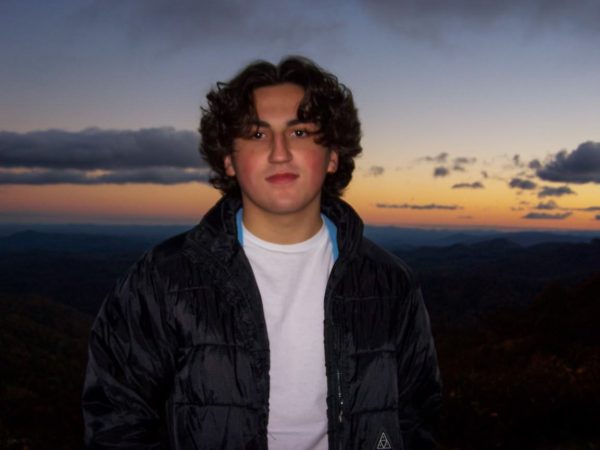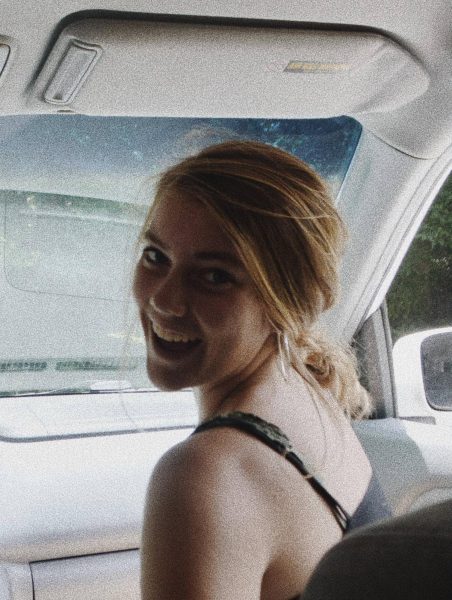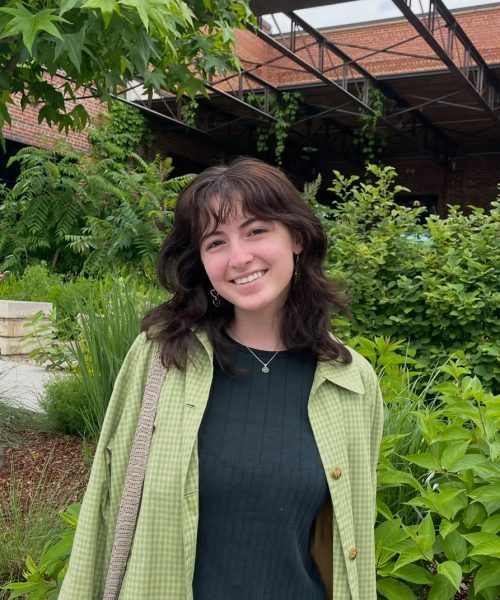Romance reality TV shows are great when you want to sit down at the end of the day and watch someone else’s dating life unfold. Many of these shows have been incredibly popular throughout the years, an example being “The Bachelor,” which first aired on March 25, 2002. That was almost 22 years ago and the show is currently on its 28th season, with multiple other shows in the franchise.
If “The Bachelor” is too outdated, then maybe more recent shows such as “Too Hot to Handle” or “Love is Blind” might be better options. If you want a show with more LGBTQ+ couples, there are shows like “The Ultimatum: Queer Love” or “Ex on the Beach.” No matter what, there is a common theme amongst all of these shows: ridiculously good looking people, models if you will, get grouped together to find their perfect match, which happens in the span of a few months. Some shows give even less time, such as “Married at First Sight” where people are paired together and forced to feel love at first sight and find their love immediately through matchmakers. Romance reality TV shows are great to watch, but are incredibly unrealistic when it comes to dating in real life.
A lot of people call these shows their guilty pleasure, wanting to relate to these influencers and wealthy people, but never admitting it. People watch these shows because of the drama and suspense. Since humanity is naturally curious, it would only make sense for someone to want to watch people’s love lives unfold and think about what you would do if you were in their shoes.
These shows seem like paradise, built around the complexity of relationships, love and heartbreak. Many times, the reason why people keep coming back to watch these shows is the idea that most people find love by the end of the series. After the show, these couples are meant to live happily ever after, which is what many viewers believe. However, it is difficult to think about that perfect married life after finding out only 4% of couples from “The Bachelor” have stayed together. These statistics should raise the questions about how realistic the love is between the couples in reality TV shows.
The main issue that is not talked about enough is the idea that a single person goes off and dates a bunch of people for a few months, figuring out who they like better. In real relationships, if you flirt with someone other than your partner and tease that there could be something more, many would consider that cheating. In reality shows, viewers are rooting for men and women alike to talk to other participants and the viewer begins matchmaking who they think these participants would be better off with. This creates an insanely toxic atmosphere with many people becoming jealous and insecure. This does not and should not translate over into real relationships. Nobody should have to go through what these people go through while trying to find love. The standards being set in reality TV should never be able to influence others that flirting with anyone other than their partner is okay.
These reality TV shows can have their couples talking for months, weeks or even just a few days. Either way, it is recommended that relationships are built off of friendships first and then develop into something more later on, which takes more time than the shows give. Granted, dating apps have become big. However, with the success rate on Tinder, one of the most successful dating apps, only being 16.5%, friendships before relationships fare better.
Friendships allow your significant other to see you at your worst and your best. They get to hear your opinions on certain matters or discuss topics on a deeper level, without the stress of breaking up a romantic relationship. When people go into these romantic reality shows, they are automatically looking for love, not for a friendship. Every partner then tends to move super fast throughout the relationship, causing even viewers to wonder how these two lovers ended up together with all of the problems they had not even bothered to address.
Relationships on television do not translate well into the real world. While on these shows, people do not have to deal with the outside world and instead live in their own little paradise. It is difficult to base a true relationship on someone you never actually been through trials with, instead only discussing past difficulties with them. It is hard to see how one responds to stress or fear while in a bubble. The worst part is people think these relationships are like real relationships. They go through a few rough conversations and then it is love for life, which is hardly the case for any true, long-lasting relationship. Romance reality shows are fun to watch, but not fun to live through, especially when you rarely get the happily ever after.





